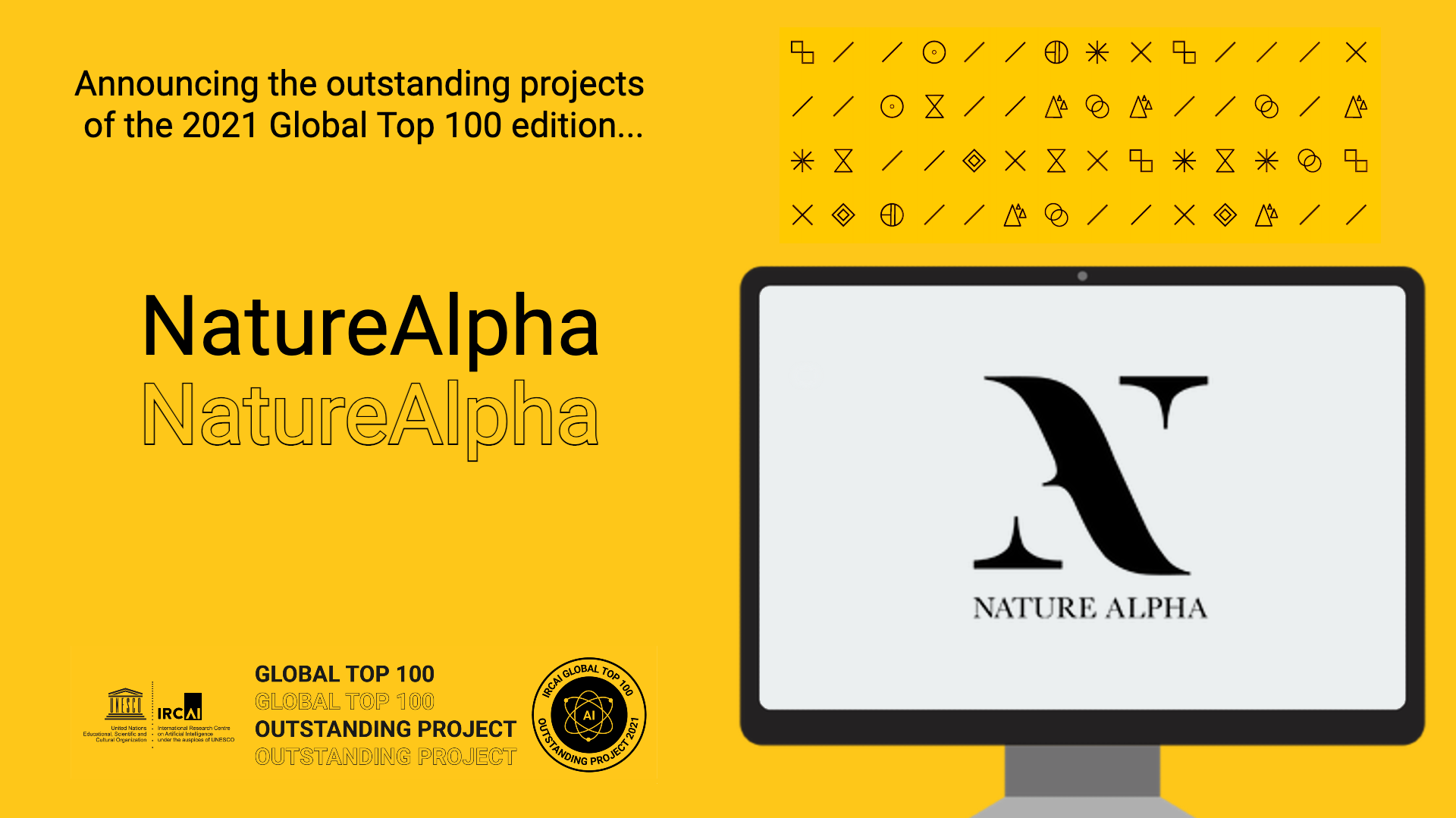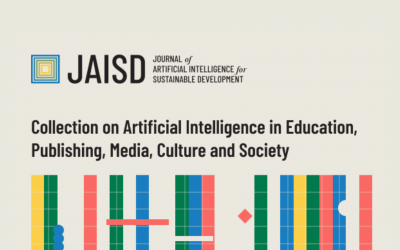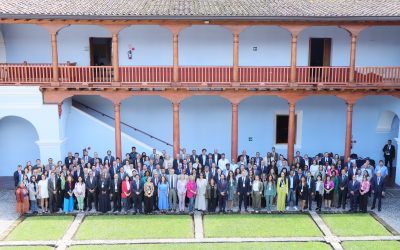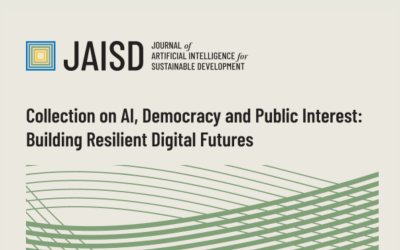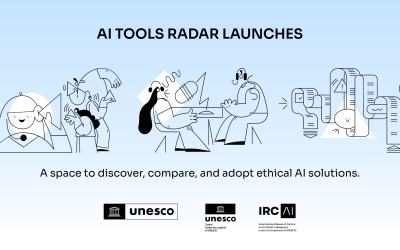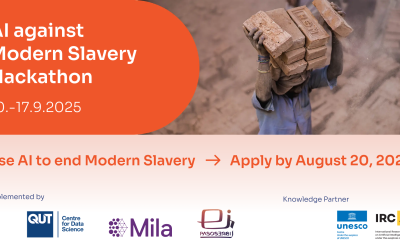As losses in biodiversity put entire supply chains and the subsistence of food or health systems at risk, a rising number of investors and financial institutions are now striving to invest in a future with a lower nature-related financial risk. Yet, data on companies’ relationship with nature is often intransparent – or simply unavailable. NatureAlpha is striving to fill this gap by “providing science-based, AI and machine learning-powered biodiversity analytics via API or platform to global financial institutions”. By fostering investments in biodiversity, NatureAlpha addresses a whole range of SDGs, including SDG6 (Clean Water and Sanitation), SDG13 (Climate Action), SDG14 (Life Below Water), SDG15 (Life on Land) & SDG17 (Partnerships to achieve the Goal).
As announced in the previous few articles, the IRCAI Scientific Program Committees and the IRCAI Scientific Journal Editorial Board have completed their review of the Global Top 100 project submissions. 10 solutions were deemed “outstanding projects” based on their centrality of AI, the potential impact on relevant SDG(s), demonstration of potential in completed work (either proof of concept or completed research paper), and ethical design. The aim of this article is to introduce the project to relevant stakeholders and the broader public and to make the voices of NatureAlpha heard on the world stage.
“Nature is declining globally at rates unprecedented in human history – and the rate of species extinctions is accelerating, with grave impacts on people around the world” (UN/IPBES, 2019): According to the newest estimates, recent biodiversity losses threaten more than 80% of the UN SDG targets. In fact, biodiversity losses put entire supply chains and the subsistence of food and health systems at risk. The World Economic Forum (2021) estimates that $44 trillion of economic value is threatened by our current losses in biodiversity. While regulators are therefore increasingly demanding companies and governments to invest in a future with lower nature-related financial risk, a growing number of market participants are now considering the ways in which environmental, social and governance (ESG) risks can have material impacts.
As a way to provide investors with data on companies’ relationship with nature, NatureAlpha is currently seeking to democratize information on the nature impacts of our investment decisions. By using AI, NatureAlpha gathers data on companies’ relationships with nature, and uses automated sentiment analysis (such as Latent Dirichlet Allocation) to categorize them. After applying a causal chain model to categorize the biodiversity data, the tool then relies on a Bayesian Network which populates the model, with data-driven learning about the relationships between the model’s nodes to ensure as much structural flexibility as possible.
With its cloud-based platform, NatureAlpha hopes to provide sufficient insights into the often too intransparent nature risks and impact of asset-level investment decisions. With its ability to influence and redirect capital towards biodiversity preservation, NatureAlpha notes that its AI approach could have “far-reaching effects for billions of global citizens”.
NatureAlpha’s biodiversity & nature metrics platform is powered by an R&D partnership with Oxford University.
For more information, find out more on NatureAlpha’s website or LinkedIn:
- https://www.naturealpha.ai/ (Website)
- https://www.linkedin.com/company/naturealpha (Linkedin)
